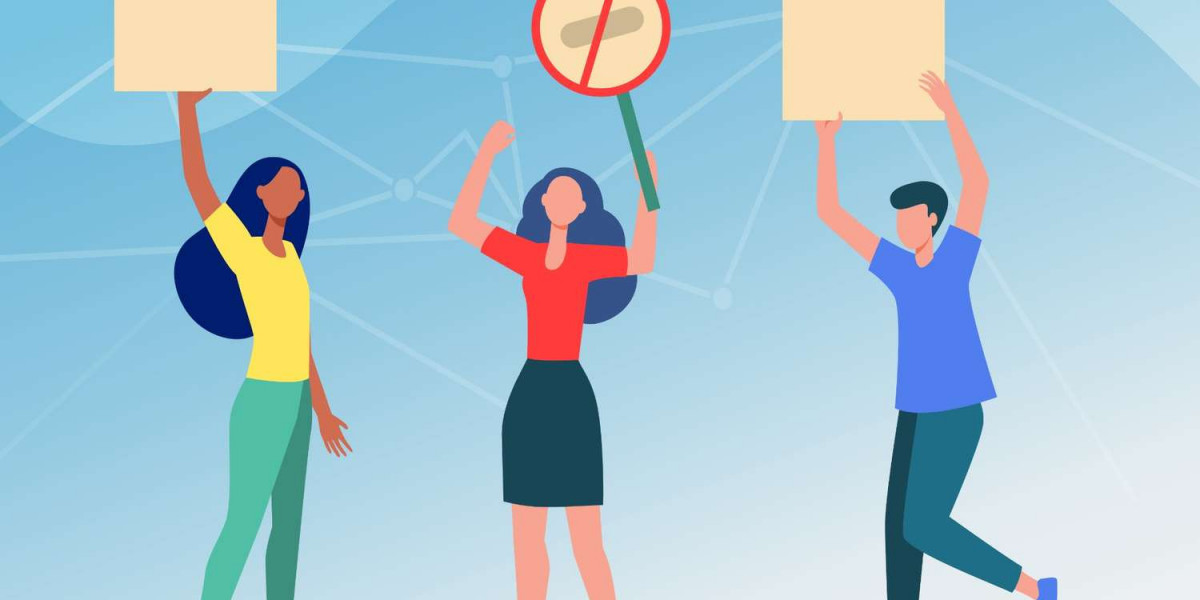Key Takeaways
- Cancel culture can increase stress, anxiety, and depression among teens.
- Open communication, digital literacy, and resilience training are vital to support youth mental health.
- Parents, schools, and society must work together to help teens cope with the pressures of cancel culture.
The Mental Health Toll of 'Cancel Culture' on Teenagers
Teenagers today are growing up in an era where social media defines much of their social life. While platforms like Instagram, TikTok, and Twitter offer opportunities for connection, expression, and community, they also bring with them a darker sidecancel culture.
The practice of publicly shaming and ostracizing individuals for perceived missteps can have a devastating impact on young peoples mental health. It can contribute to feelings of anxiety, depression, and low self-esteem, which can negatively impact their general well-being.
But heres the good news: as parents, educators, and society, we have the power to make a difference. By understanding the mental health toll of cancel culture on teenagers and taking action, we can help mitigate its harmful effects.
This article will explore how cancel culture affects youth mental health, what you can do to support teenagers through these challenges, and the role of schools and families in fostering a safe, supportive environment.
What is Cancel Culture and How Does It Affect Youth Mental Health?
Cancel culture involves the public shaming or ostracizing of individuals for actions or statements considered offensive. In a world where everyone is connected through social media, teenagers are particularly vulnerable to this type of scrutiny.
With their identities still in development, the harsh judgment from online communities can be particularly damaging to their mental health.
But here's where it gets tricky: youth mental health is still forming during adolescence, and teens are not equipped to handle the intense emotions and pressure that come from being canceled.
They might face harsh criticism for a simple mistake, or worse, be judged for things they never intended to harm others with. The emotional toll can leave them questioning their self-worth and feeling isolated.
The Psychological Impact of Cancel Culture on Teenagers
Cancel cultures impact on mental health is profound. Below are some of the most common psychological effects teens experience:
1. Anxiety and Depression
One of the most common effects of cancel culture is heightened anxiety. Teens often fear being judged or publicly shamed for something they said or did, leading to a constant state of worry.
This anxiety can grow into depression, especially if teens feel isolated or unsupported during the experience. They may begin to believe that they will never escape the shame or judgment, affecting their ability to focus on schoolwork, friendships, or personal growth.
To combat this, its essential to encourage teens to talk about their feelings and reassure them that everyone makes mistakes. Building this supportive environment can go a long way in alleviating stress.
2. Low Self-Esteem and Identity Crisis
Adolescence is a crucial period for exploring one's identity and developing a sense of self. When teens experience public shaming or are canceled, they may begin to doubt their worth or question who they are.
Cancel culture creates a public narrative about them that may not align with their true selves, which can cause them to struggle with their self-esteem.
The fear of not measuring up or being rejected by their peers can result in long-term identity struggles. Teens may go through periods of confusion, self-doubt, or even attempt to fit into molds that arent authentic to avoid the fear of being canceled again.
3. Peer Pressure and Cyberbullying
Cancel culture often leads to cyberbullying. Once a teen is canceled, others may join in on the shaming, leaving the targeted teen with no safe place to retreat. This online harassment intensifies feelings of loneliness and rejection, leading to further emotional distress.
Peer pressure also plays a significant role. Teens might feel pressured to distance themselves from the canceled person, causing a divide within friendship groups and contributing to a sense of social isolation.
Cancel Culture and Social Dynamics Among Teens
Cancel culture doesnt just impact individual mental healthit also has broader implications for teen social dynamics.
Fear of Speaking Out
In a culture where one misstep can lead to public shaming, teens may become afraid to voice their opinions. This fear of being judged for their thoughts or beliefs creates a stifling environment where teens are hesitant to engage in meaningful conversations or explore new ideas. It also leads to anxiety about expressing individuality or disagreeing with the crowd.
In response to this fear, teens may begin to suppress their true selves in favor of fitting into social media-driven norms. The pressure to conform can cause immense emotional strain, leading them to feel lost or disconnected from who they truly are.
Impact on Friendships and Relationships
Friendships are critical to a teens emotional health, but cancel culture can destroy these relationships. When one teen is targeted by cancel culture, their friends may feel pressured to take sides. This can create a divide, causing some friendships to dissolve.
Teens may also worry that their own actions or words will cause their friendships to end, leading to self-imposed isolation. This dynamic not only affects their mental health but can also worsen feelings of loneliness and rejection.
How Can Teens Cope with the Mental Health Toll of Cancel Culture?
Fortunately, there are ways to help teens navigate the impact of cancel culture and protect their mental health.
1. Promote Digital Literacy
Digital literacy is key. Teens need to understand how social media works and the consequences of their actions online. By educating them about the dynamics of cancel culture, how it spreads, and how to react when it happens to them, we can equip them with the tools they need to cope.
Encouraging them to critically evaluate what they see online and providing guidance on how to use social media responsibly can reduce the fear and anxiety associated with cancel culture.
"But that's not alltheres even more we can do to help."
2. Encourage Offline Connections
Its important for teens to have meaningful relationships outside of the digital world. Encourage them to engage in hobbies, sports, or activities that help them build a sense of belonging without the pressures of social media.
Strong, supportive offline connections act as a protective buffer against the emotional toll of cancel culture.
These connections allow teens to feel valued and supported in a space free from online judgment, helping them build resilience and develop healthy coping mechanisms.
3. Build Resilience and Mental Toughness
Teaching teens to be resilient in the face of adversity is crucial. Encourage them to view challengeslike being canceled or criticizedas opportunities for growth. Mental toughness is about accepting imperfections and learning how to bounce back from setbacks.
Resilience-building exercises such as mindfulness, journaling, and therapy can help teens develop the emotional fortitude needed to withstand the pressures of cancel culture.
The Role of Parents, Schools, and Society in Supporting Youth Mental Health
Supporting Family Mental Health
As a parent, your role in supporting your family's mental health, especially teens through these experiences, is critical. Maintain open lines of communication and create an environment where your teen feels safe to express their thoughts and concerns.
Encourage self-compassion and reassure them that mistakes are part of the human experience.
Its also helpful to provide resources, such as professional counseling or mental health tools for schools, to support your teens emotional well-being during tough times.
Schools and Supportive Programs
Schools must play a role in supporting mental health, especially in a world where cancel culture impacts so many students. Implementing mental health programs that educate teens about digital well-being, online behavior, and coping strategies can help mitigate the negative effects of social media.
Schools should also provide counseling services and create spaces where students can talk openly about their feelings.
The Role of Society and Technology Companies
Finally, society as a whole needs to come together to support the mental health of our teens. Technology companies can do more by improving moderation tools, discouraging cyberbullying, and promoting kindness online.
By working together, we can create a safer online space for teens to express themselves without fear of being canceled.
Conclusion
Cancel culture poses a significant threat to the mental health of teenagers, but with the right support, we can help them navigate these challenges. By fostering digital literacy, encouraging offline relationships, and building resilience, we can provide the tools teens need to cope. Parents, schools, and society must work together to create a supportive environment where teenagers can grow without the fear of online judgment.
Lets collaborate to ensure that the mental health of our youth is protected and that they are empowered to thrive both online and offline.









